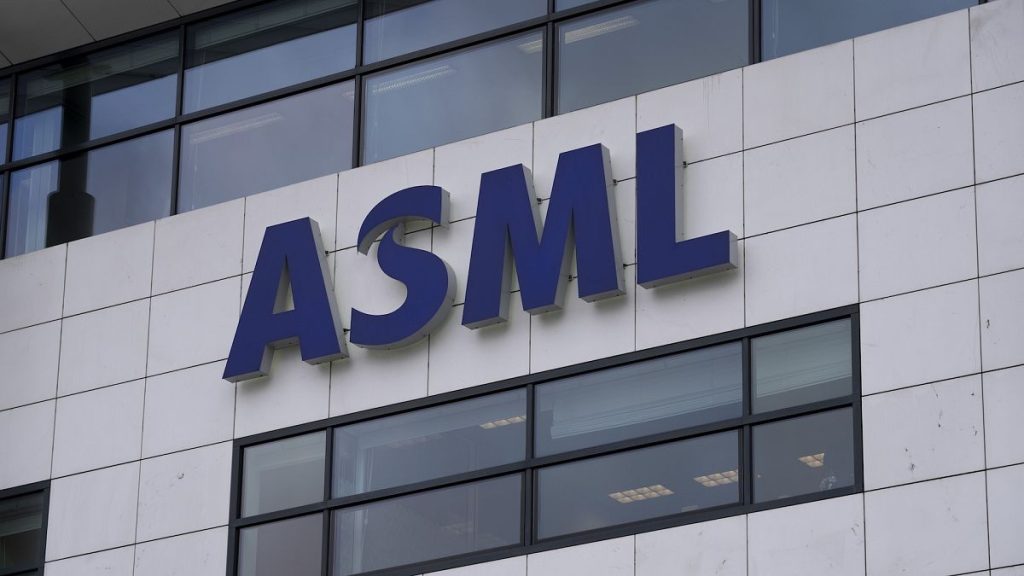ASML, a leading Dutch computer chip equipment manufacturer, has announced that it will face limited impact from the recent U.S. restrictions on AI chip exports to China. Despite the American government’s new regulations aimed at controlling the export of critical AI chip components—including high-bandwidth memory chips—the firm has been exempted from these measures, along with Japan’s Tokyo Electron Ltd. In a statement released on a Monday, ASML expressed confidence that the latest export controls would not significantly affect its business operations, leading to a 0.9% increase in its share price, which closed at €664. This optimism comes amidst broader challenges posed to the semiconductor industry by U.S. export policies targeting China.
The U.S. Department of Commerce’s latest export restrictions include the application of “the foreign direct product rule,” which seeks to regulate foreign-made products that utilize even minor U.S. technology. While these measures are designed to curtail China’s technological capabilities, ASML’s exemption reflects a strategic decision based on the U.S.’s need for allied support in enforcing effective controls globally. Nevertheless, ASML noted that should similar security assessments be conducted by Dutch authorities, there could be potential impacts on their exports of DUV immersion lithography systems to affected regions in China—a scenario that demonstrates the interconnected complexities of international trade and national security.
In September, the Dutch government, in tandem with the U.S., had already imposed additional restrictions on ASML’s chip exports to China, requiring the company to secure licenses for providing spare parts and software updates related to its chip-making systems sold in China. This evolved regulatory landscape has led to a cautious recalibration of financial forecasts, as ASML revises some aspects of its previous guidance. The company announced that it expects net sales to range between €30 billion and €35 billion for 2025, with approximately 20% of that revenue anticipated to stem from its Chinese business operations.
Amidst these adjustments, ASML’s latest earnings report revealed disappointing results for the third quarter, causing shares to plummet by 16%—the lowest level in nearly a year. However, a degree of recovery was experienced in November following the company’s investor day, where positive projections about long-term sales potential were highlighted. CEO Christophe Fouquet expressed bullishness regarding sales growth over the next five years, aiming for an annual increase of between 8% and 14%. Looking further ahead, the company anticipates reaching revenues of between €44 billion and €60 billion by 2030, coupled with an improvement in gross margins from 51% to between 56% and 60%.
ASML has clarified that the new export restrictions will not disrupt the overall demand prevailing in the semiconductor market, noting that their optimistic projections are aligned with anticipated global demand for wafers rather than being influenced by geographical constraints. This assertion underscores the company’s belief in the underlying strength of the semiconductor industry, irrespective of the regulatory hurdles imposed by governments attempting to manage high-stakes geopolitical issues.
By maintaining its sales outlook for the future and emphasizing robust global demand, ASML signals its confidence in navigating a challenging landscape shaped by export regulations and international trade dynamics. The firm remains focused on delivering growth and adapting its strategies to meet market needs even as it grapples with the implications of national security policies that complicate its operations and supply chain in a crucial market like China. The combination of regulatory challenges and proactive corporate strategies defines ASML’s current trajectory as it looks towards achieving its ambitious goals in the coming years.














